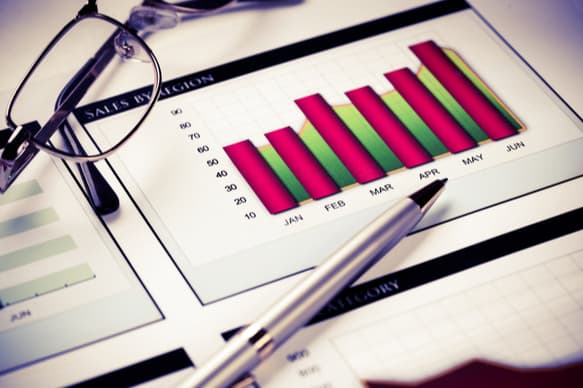Are you on top of your tax planning as the financial year comes to a close?
As another financial year draws to a close and 30 June comes racing towards us, it is time again to reflect on any last minute tax planning considerations and options. For many taxpayers it is business as usual, but for others there is a change of tax rates that could affect cash flow.

Businesses
In the SME market, there are a several important changes and considerations:
- For an “SBE” business with aggregated turnover less than $10m the under $20,000 asset immediate write-off remains in place for another 12 months. This was to expire 30/6/18, but has been extended to 30/6/19. Regardless, this means that asset purchases costing less than $20,000 can be deducted 100% if purchased and delivered before 30 June 2018.
- Tax rate changes from 30% to 27.5% for companies with an aggregated turnover below $25m. Broadly speaking, as legislation still isn’t finalised, this is for companies that are in business. Short term, this change means that tax instalments paid so far this year should be checked to make sure they aren’t too high.
- The other key point of the company tax rate change is that the franking percentage on dividends needs to be checked as well, as this could have dropped from 30% to 27.5%. Broadly speaking, take last year’s aggregated turnover and if it was less than $25m, franking of 27.5% will apply, even if the company previously paid tax at 30%.
Other considerations for businesses as end of year approaches:
- Timing of revenue recognition is relevant for some businesses. If you have revenue in advance that is not ‘derived’ for tax purposes, this should be adjusted as part of the annual tax calculations.
- A stocktake should be done at least annually for reasons other than taxation, but it is also important for annual tax calculations and gives a chance to quantify any lost, obsolete or written down stock.
- If you have bad debts to claim, these need to be actually written off before 30/6/18 and not just provided for as a provision.
- Review the fixed assets ledger to see if any assets are still being carried that should be written off and/or scrapped.
- If you want to deduct June quarter superannuation for employees this financial year, it needs to be paid into the super fund before 30/6/18. This obviously has cash flow implications that need to be considered.
- If your affairs include Division 7A for private company loans, have minimum repayments been made for the year?
Individual taxpayers
Have you claimed all of your relevant deductions and incurred these expenses before 30th June? For employees claiming work related expenses and other deductions for people this could include:
- Protective clothing
- Professional memberships
- Subscriptions
- Tools or home office equipment
- Home office costs
- Income protection insurance
- Travel costs
- Motor vehicle costs – is your log book still valid?
- Rental properties – recall that travel and certain depreciation claims are no longer valid
- Donations are made prior to 30 June 2018 to a deductible gift recipient
Having spent the money is one thing, but having the right documentation and substantiation is just as important. The Government has announced increasing resources available to the ATO to monitor and audit work related expense claims. The ATO can easily deny deductions where the right paperwork hasn’t been kept. Another key thing to remember is never to spend money just to claim a tax deduction; your tax rate will never be 100%, so there is no need to spend $100 just to get $30 back in taxes.
Superannuation
Superannuation has undergone many changes in recent years. For 30 June 2018 and contributions, the key points are:
- Concessional contribution limit is reduced to $25,000 for everyone, regardless of age. This include personal contributions you claim a deduction for and superannuation guarantee contributions from employment. The limit is based on deposits into your super account during the year, so this should be checked before finalising any additional contributions.
- The ‘10% test’ no longer applies, meaning that employees can make contributions to superannuation from after tax money and claim a deduction, up to their concessional limit of $25,000. Previously employees needed to have less than 10% of their total adjusted income be derived from employment.
- The works test is still in place for people between the ages of 65 – 74, meaning that to contribute anything into superannuation, the member needs to have done at least 40 hours of work in a 30 day consecutive period before making the contribution.
Superannuation contributions can have short and long term financial implications and therefore advice someone licenced to discuss superannuation should be sought if you are unsure of these implications.
This represents a sample of considerations that need to be made at the end of financial year. For instance, capital gains and losses is something that can affect every taxpayer and should be monitored during the year. If you have further questions, concerns or ideas then feel free to discuss with our team before it’s too late.
If you would like to discuss your tax planning contact our Tax Specialists today on (03) 9835 8200. Don’t wait until it’s too late.
